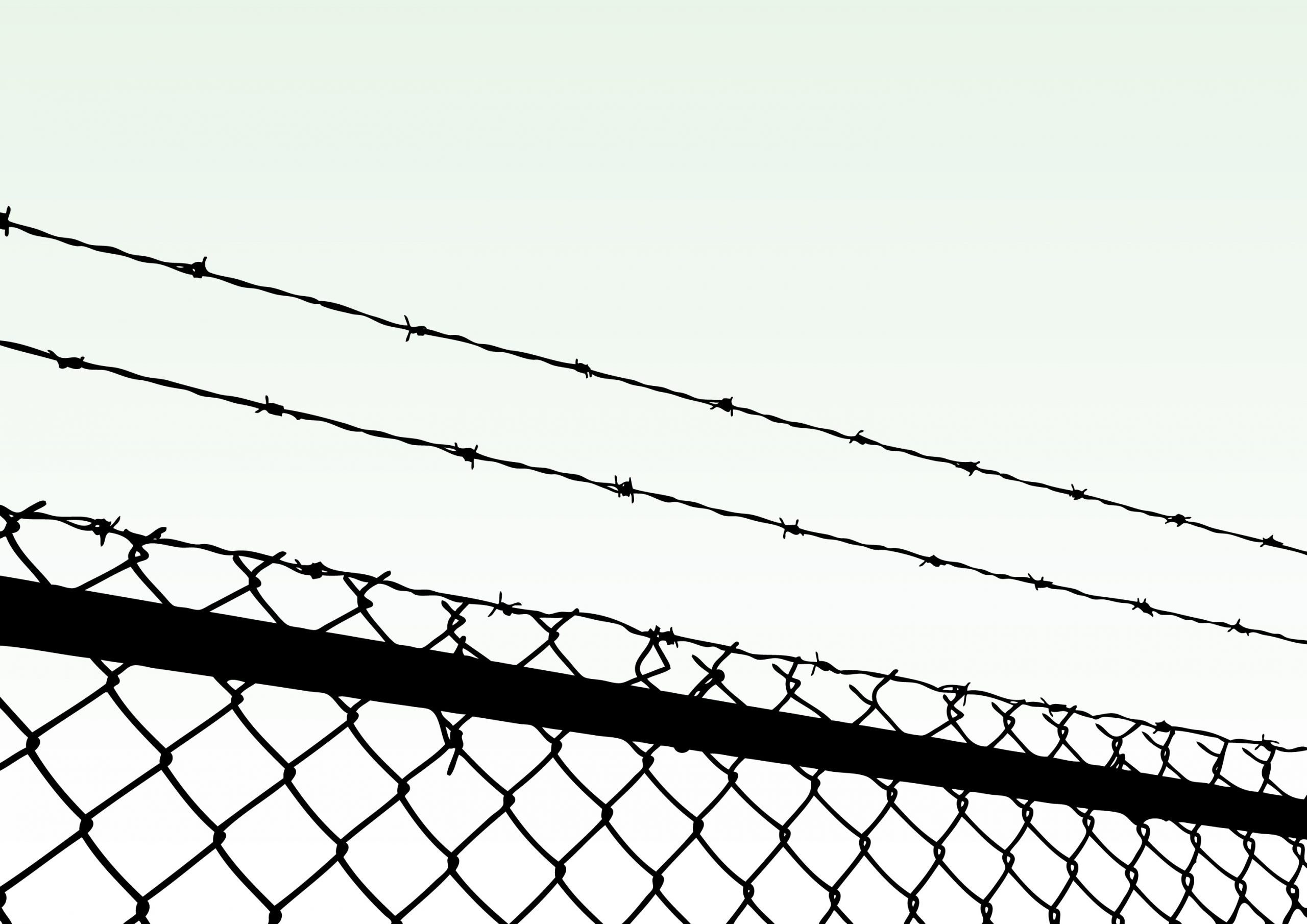REVIEW: ‘Clive Stafford Smith did a better job of defending Kris Maharaj in this book than his defence team ever did,’ according to HMP Wandsworth’s book club in their review of Injustice: life and death in the courtrooms of America. We made 10 copies of Clive Stafford Smith’s Injustice available to prisoners in Wandsworth through their book group. Below is their review.
- Thanks very much to Haven Distribution; the Prisoners’ Advice Service; and Reprieve for their help.
- Join Clive Stafford Smith, John Podmore and others at the third annual Prisoners’ Advice Service/ JusticeGap debate – hosted by the UCL Centre for Access to Justice. It’s tomorrow. The debate – 1.6m behind bars: are there any lessons to learn from the US prison system? – will be chaired by investigative journalist, author and campaigner David Jessel – more HERE.
‘Injustice’ is a word all too commonly bandied about within prison walls and, for all the resulting sarcasm that a proclamation of innocence by a prisoner creates, most prisoners secretly sympathise. A book entitled Injustice immediately gets the attention of prisoners; add to that ‘death row’, the morbid fascination of legal murder which the UK has long forgotten results in hands grabbing every copy available in the prison library.
The first question everyone in the book group asked, is the book true or fiction? With ‘truth’ preferred as everything can be compared to the readers’ own experiences – something prisoners do a lot.
Few prisoners however could match the story of Kris Maharaj, a British businessman arrested for the murder of two ex-business associates. He was found guilty and sentenced to death in the electric chair.
Clive Stafford Smith carefully takes you through the story of Maharaj and his defence. The language used is not overtly legalistic and easily understood, maintaining a flow despite the required jumps back and forward. As you continue through the story, you cannot help but raise an eyebrow at some of the conclusions the US criminal justice system reached. You hear about the story concocted by prosecution lawyers who expertly tell their tale of fiction to the jury – and who believe every word.
Anyone who has been through a trial will be able to appreciate the sense of helplessness created by having to hear someone passionately described your story in their own words. Taking facts and mixing them with clever words that negate all your positives and highlight all your negatives.
Maharaj too had to undergo this process as the jury looked on. The feelings of falling into a darker and deeper hole is clear. Only then did it become his time to talk, to tell his version, but he’s not talking to a new jury but a tainted one. A jury that has already put him in a hole. It’s an uneven playing field.
Even though we know the ending of the story, disbelief and a sense of “what could go wrong next” makes for compelling reading.
Clive Stafford Smith has done a better job of defending Maharaj than his defence team ever did.
The trust a client puts into his lawyers’ hands is absolute – in this case, it is life and death. One would expect that lawyer to fight as though it were his own life hanging in the balance. Unfortunately this isn’t what happened. You can’t help but wish Maharaj had a copy of a book like this as well as the means to stand up and defend himself.
It is wonderful to read that the team put together by Clive Stafford Smith are all volunteers. They managed to get the death sentence changed to life without parole. This may not sound like a victory, but to many prisoners it is.
The book has reached prisoners on many different levels emotionally, creating feelings of anger, sympathy and surprise. It has reflected the views and realities of trial, defence and prison. Those of us that read the book rally behind the efforts of Clive Stafford Smith and take notes for using their own trials. Even though the book battles to make its point every now and then, and a statement appears that draws you back to the fact that the author is a lawyer himself, but this can be forgiven as the book is not fiction, it is about reality, and therefore cannot be a perfect and ‘convenient’ crime thriller.
To hear that a prisoner has told his own lawyer to pick up this book and read, it has to be the biggest compliment as to the success of Injustice. We all agreed that, after reading the book, not only did we understand the American justice system better but also appreciated not having the death penalty in the United Kingdom. A punishment that has no failsafe should not be used. To hear of men freed after lifetimes in jail causes both joy and sadness and reminds us of the grave error that would have resulted had the death penalty being carried out.
If more people analysed cases and highlighted the deficiencies in the legal system and fought to better protect the best parts, may be such stories would be few and far between. Well done Clive Stafford Smith and good luck with the great challenges he is taking on.









